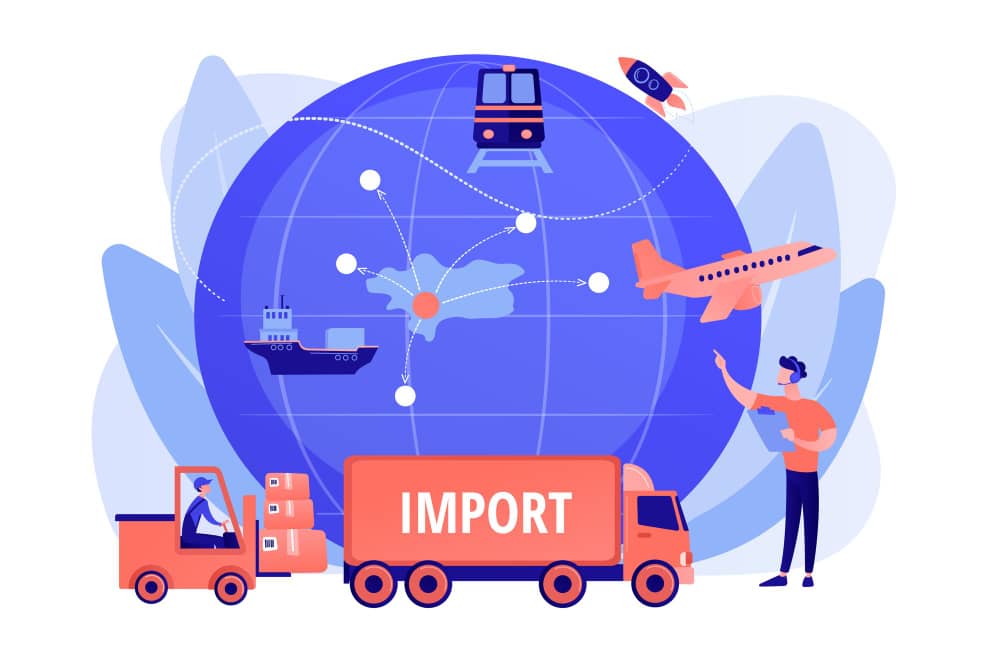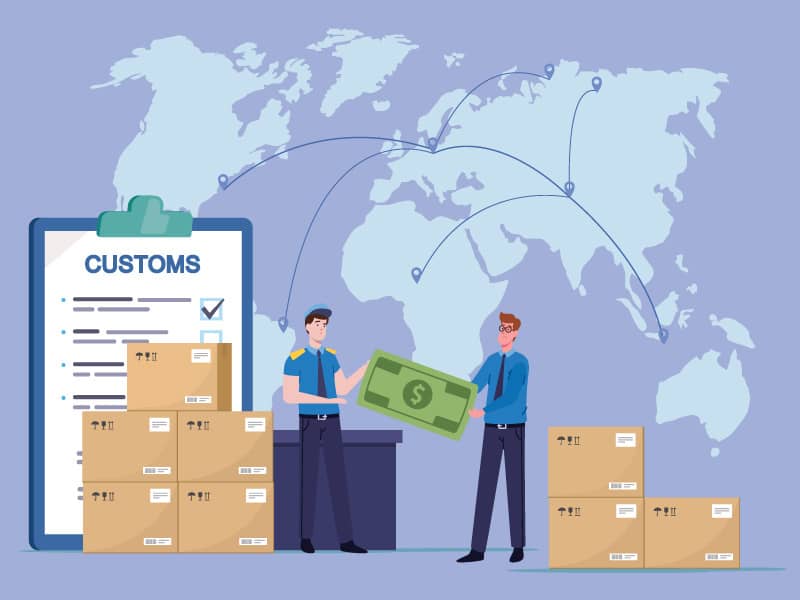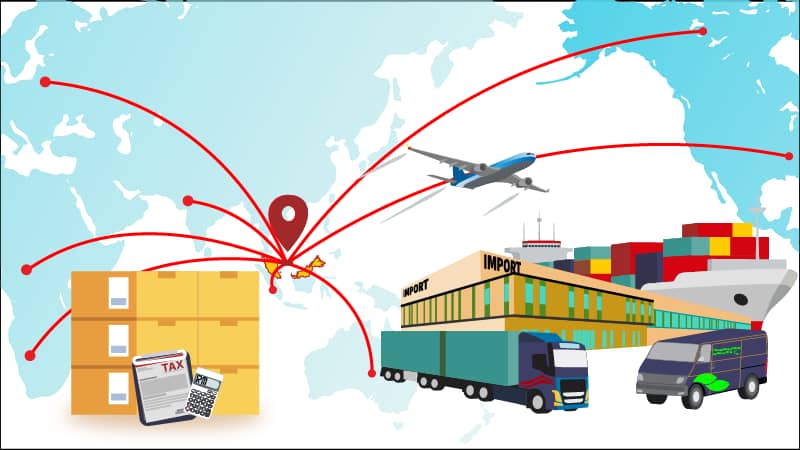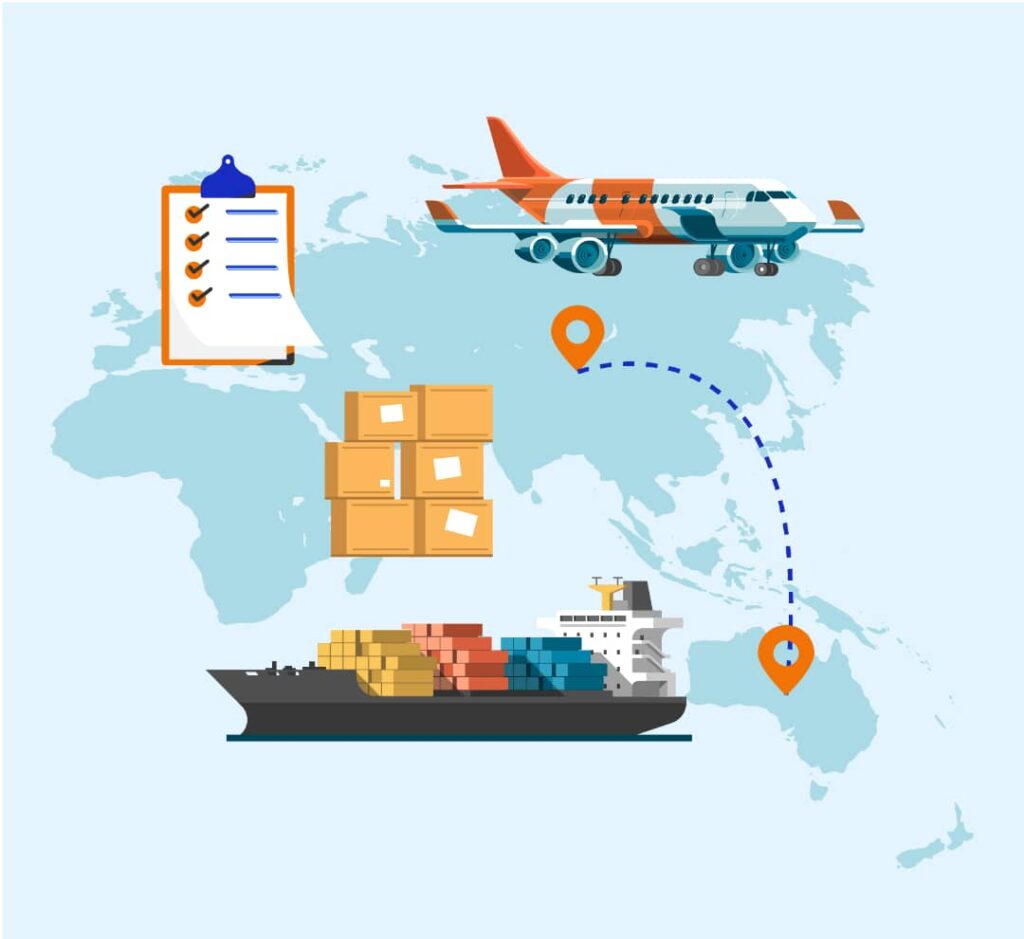Cross-border logistics is an integral section of the supply chain that focuses on the efficient flow of products as they pass from country to country and providing transportation services, its purpose is to facilitate compliance with legal and tax regulations as products are shipped across international borders. Customs and tax clearances are critical checkpoints in cross-border trade that directly impact how logistics companies and traders manage the movement of goods. In essence, these clearance processes determine whether shipments meet all legal and fiscal requirements to enter or leave a country, and any hiccups along the way can ripple through the entire supply chain.

EFFECT OF CUSTOMS / TAXS CLEARANCE ON CROSS-BORDER TRADE.
Positive Effects
1. Regulated Trade: Ensures that goods comply with international and local trade laws, reducing risks of smuggling and counterfeit goods.
2.Revenue Generation: Governments collect duties and taxes, which can be reinvested into infrastructure improvements, benefiting trade routes.
3.Market Protection: Protects domestic industries from unfair competition by imposing tariffs on foreign goods.
4.Trade Facilitation Programs: Some countries have simplified clearance processes (e.g., Authorized Economic Operator (AEO) programs), which can speed up customs processing.

Negative Effects
1.Delays in Shipping: Lengthy customs procedures can lead to transit delays, affecting delivery timelines.
2. Increased Costs: Import duties, taxes, and compliance costs increase the overall cost of goods and logistics operations.
3.Complex Documentation: Traders must navigate extensive paperwork, increasing administrative burdens
4.Risk of Corruption: In some regions, inconsistent application of customs regulations may lead to bribery or unfair practices.
5.Unpredictability: Sudden policy changes or tariff adjustments can create uncertainty for traders and disrupt supply chains.

Mitigating the Negative Effects.
- Automation: Implementing automated customs clearance systems can reduce delays, costs, and complexity.
- Compliance Expertise: Partnering with customs brokers or trade consultants can help ensure compliance with customs and tax regulations.
- Trade Agreements: Utilizing free trade agreements and other trade facilitation programs can reduce customs duties and taxes.
- Supply Chain Optimization: Optimizing supply chain operations can help minimize the impact of customs clearance delays and costs.

SUMMARY.
Customs and tax clearances play a dual role for cross-border traders in the logistics industry. On one hand, they ensure regulatory compliance, generate revenue for governments, protect domestic markets, and can be streamlined through trade facilitation programs. On the other hand, these clearances may lead to shipment delays, increased costs, administrative complexities, and sometimes even corruption or unpredictable policy shifts and by understanding the effects of customs and tax clearances, cross-border traders in logistics industries can take steps to mitigate the negative effects and capitalize on the benefits of compliant and efficient customs clearance procedures